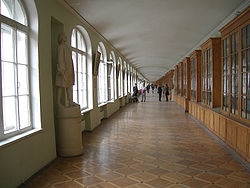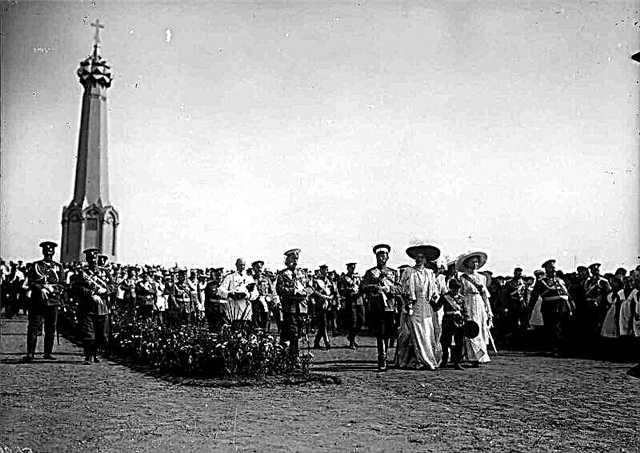The great poetess Marina Tsvetaeva has always been very kind to Moscow. Wherever she was, she was always looking for a way to go back to her hometown. For her, Moscow is the embodiment of a home for all cities of Russia, it is a hospitable center of the Motherland, in which there is a spirit of rebellion and self-will. And Tsvetaeva did not miss the opportunity to express love for the capital through her poems.
- “Clouds are around ...” The poem is addressed to the poet’s daughter, Ariadne, with the order to love Moscow in all its greatness and subsequently transfer this heritage to her daughter. Here Tsvetaeva glorifies Moscow as the center of spiritual life, as a city of bells. Love for her should be transmitted from generation to generation along the female side, because Moscow is also a woman. To read…
- “I have in Moscow - the domes are burning”. Tsvetaeva, a nee Muscovite, after a trip to Petersburg, decided to contrast her work with the poets of St. Petersburg, who included Blok and Akhmatova. In this poem, she turns to Blok, showing Moscow in all its diversity. However, she is sad that her path with another great poet, whom she has always praised, will not converge. To read…
- "Houses of old Moscow". This poem is about the past, which is already impossible to return, about the original form of Moscow, which is completely erased with time. Tsvetaeva has always believed that she was born at the wrong time and at the wrong age, and she is sad that there are fewer and fewer old houses that reflect a different era. To read…
- “Out of my hands is a miraculous city ...”. This poem is a gift to the “inspired friend”, whom the poetess “gives” to Moscow. In the winter of 1916, the poet Osip Mandelstam came there, with whom Tsvetaeva had an affair. She showed him the city, revealing all the sacrament reigning in him. To read…
- "Past the night towers ...". It reflects the atmosphere of Moscow at night. Everything is being transformed, acquiring a certain shade of madness and dashing, love reigns everywhere. But the heroine refuses this, choosing a “lit candle”, which is able to save the soul. To read…
- "Above the city rejected by Peter ...". The bell ringing in the poem shows the primacy of Moscow among other cities. No wonder Tsvetaeva speaks of Peter the Great, who refused Moscow as a capital for the sake of Petersburg. She compares this situation with what will happen if a man abandons a girl after many years of love. To read…
- “Seven hills are like seven bells! ..” Initially, Tsvetaev’s poem emphasizes the number “seven,” linking it with something supreme, divine. She also talks about her birth, which falls on the day of memory of the Apostle John the Theologian. Then it smoothly moves on to the theme of death, which inevitably awaits everyone. To read…
- "Moscow! - What a huge ... ". Many consider this work to be the main poem about Moscow in the work of the poetess, since the image of the majestic mother of all cities is presented here. A house capable of sheltering everyone where the people flock, so that the further path illuminates it. To read…
- “The day will come - sad, they say! ..”. This poem is a reference to biblical times about the resurrection of Jesus Christ. And Tsvetaeva herself reflects on death, about how she will be escorted while walking along the streets of Moscow. To read…

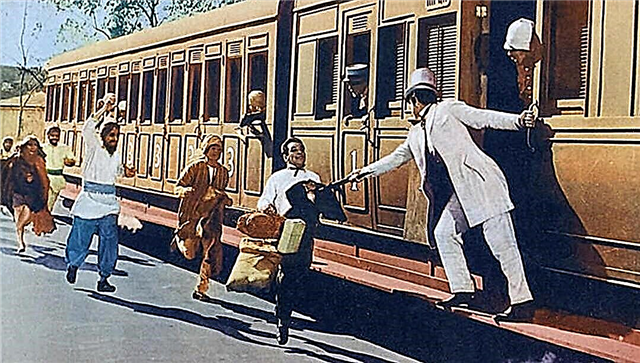

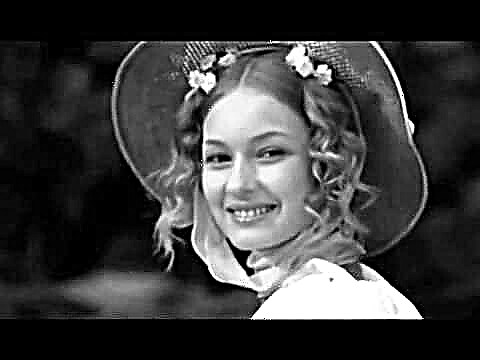

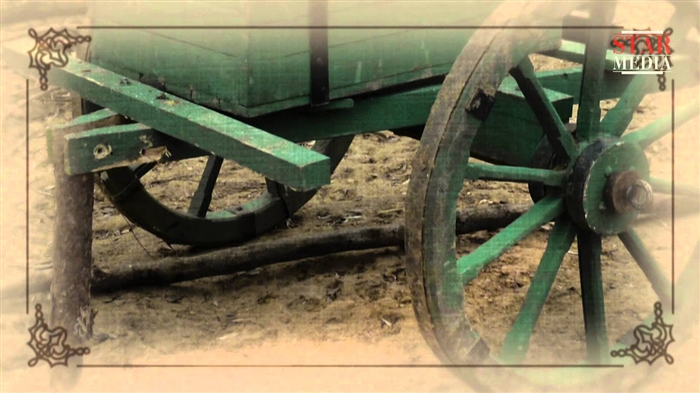 Roslavlev
Roslavlev Hungry city
Hungry city
